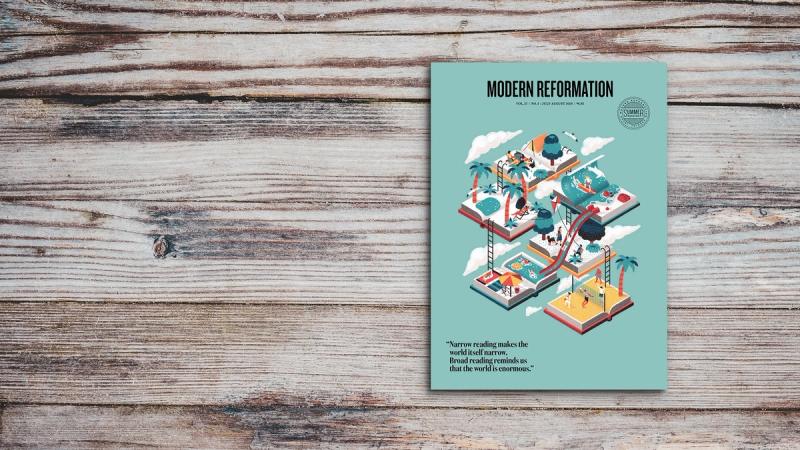Since director Martin Scorsese turned it into a film last year, many have written about Shūsaku Endō’s novel Silence. The novel is a compelling story that addresses two important questions by depicting the thoughts, emotions, and struggles of real historical characters and events. The novel combines personal letters and narrative prose, all from the perspective of Jesuit priest Sebastião Rodrigues.
In this novel, Japan is in the midst of trying to stop the spread of Roman Catholicism by forcing any priests who refuse to leave to apostatize. Rodrigues and fellow priest Francisco Garrpe travel to Japan in search of their mentor, Cristóvão Ferreira, who has reportedly apostatized after being tortured. When they arrive in Japan, they minister to the Japanese Catholics in secret while asking about Ferreira. Before they have a chance to find him, however, they are captured. The narrative describes Rodrigues’s inner turmoil to keep his faith during his imprisonment and interrogation by Japanese officials. The Japanese argue with him that Roman Catholicism is not compatible with Japan and must be allowed to die out. While never tortured himself, he witnesses the torture, apostasy, and martyrdom of several Japanese Catholics, which causes him to wonder why God stays silent in the midst of his people’s suffering. Rodrigues cries out in anguish, “Why are you silent? Here this one-eyed man has died—and for you.”
When the Japanese officials present the people with the opportunity to apostatize, they tell them to walk on a rock that bears an image of Christ—called a fumie—as the sign of their renunciation. After they capture Rodrigues, the Japanese officials bring Father Ferreira to him. Ferreira then tells him he apostatized not to end his own torture but to end the suffering of the Japanese. He argues that their Christian beliefs cannot survive in Japan and that Christ himself would have apostatized to save the people from their torture. The book comes to its climax when Rodrigues finds himself in Ferreira’s position and is forced to decide what to do.
The novel is a compelling and thought-provoking read. Endō not only gives us a piercing glimpse into history, but he also provides us with raw insight into the thoughts and emotions of a man facing a question still relevant today: Is God silent? Reading this novel brings us into this struggle, helps us feel the tension, and forces us to wrestle alongside Rodrigues.
Silence, however, has a second thread running through it. It surfaces in the conversations Rodrigues has with the Japanese officials who argue with him that a religion steeped in Western influence, tradition, and history cannot simply be transplanted into another country with a different history and culture. The question Rodrigues faces at the end of the book is whether it is possible to be Japanese and love Christ. In an interview, Endō admits that this is a recurring theme in his writing:
From the time I first began to write novels even to the present day, this confrontation of my Catholic self with the self that lies underneath has, like an idiot’s constant refrain, echoed and reechoed in my work. I felt that I had to find some way to reconcile the two.*
I recommend reading the novel for the questions it wrestles with and forces us to wrestle with along with the author and characters. I also recommend the book for its provocative and intensely personal depiction of the history of political and cultural clashes of the time. The Jesuit missionaries represented Western influence to the Japanese rulers, and rooting out Roman Catholicism was as much a political move as it was religious.
That being said, it is important to note that the novel is just that, a novel. It offers no particularly insightful theological conclusions, and what theology is portrayed by Father Rodrigues is Roman Catholic and not Protestant. While the novel doesn’t provide satisfactory answers to the questions it raises, the very fact that it raises these questions makes the book worth reading.
Leah Baugh is a staff writer at Modern Reformation.
* “Shūsaku Endō: Japanese Catholic Novelist,” Thought (Winter 1967), quoted in the Translator’s Preface, Silence by Shusaku Endo, trans. William Johnston (New York: Picador Modern Classics), xviii.*







